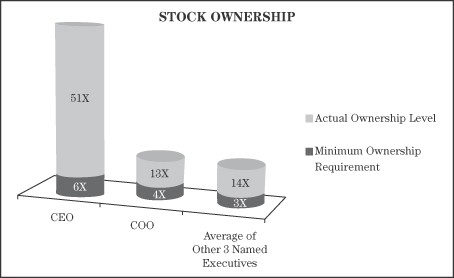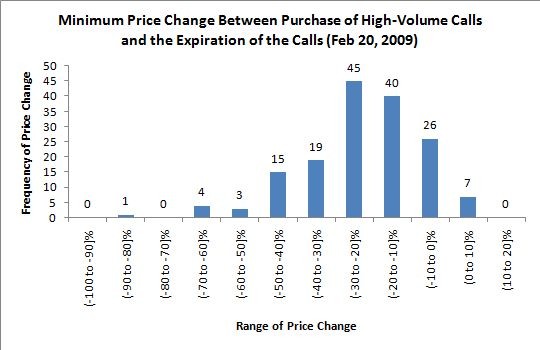SEC to Pursue Limits On Stock Short Sales
Post on: 16 Март, 2015 No Comment

By Zachary A. Goldfarb
Washington Post Staff Writer
Wednesday, April 8, 2009
The Securities and Exchange Commission today holds its first policymaking session of the year, and under political pressure plans to introduce several proposals to restrict the short-selling of stock that many economists, including those inside the agency, say are likely to have little effect.
A number of financial firm executives, investors and lawmakers have blamed aggressive short-selling for collapsing the stocks of banks and other Wall Street companies last fall. In a short sale, traders make money when a firm’s shares decline in value.
Today’s meeting, the first held under new SEC Chairman Mary L. Schapiro, will examine several proposals to curb short sales. The commission is expected to formalize the proposals, allowing for 60 days of comment before deciding to vote on whether to implement them.
The proposals would try to make it more difficult for short sellers to push down a stock’s price when it is already declining. One way to do so would be to allow speculators to bet against a stock only when it moves at a higher price than its last trade. On any given day, a stock may trade more than tens of thousands of times.
A more dramatic proposal would ban short-selling in a stock if it has declined by a set percentage in a day.
The SEC has been here before. In 2007, after intense study by the commission’s staff and economists, the SEC decided to end the uptick rule, a Depression-era regulation that allowed people to bet against a stock only when it was ticking up.
Last fall, in the market crisis, the SEC temporarily banned short-selling in financial stocks — a move then-SEC Chairman Christopher Cox said he regretted as a hasty response to political pressure.

In recent weeks, the SEC’s economists have circulated an outside study that found that the removal of the uptick rule in 2007 had no effect of the price of stocks.
Charles M. Jones, a professor at Columbia Business School who co-authored the study, said he was skeptical about proposals to regulate short-selling.
It’s really being done because there’s this perception that there are bear raiders, or people pushing the price around, and there is concern that there are short sellers doing that, he said. Call them manipulative or abusive. But we haven’t been able to find them in the data.
SEC officials say they are proposing the rules simply to give investors confidence that the commission is evaluating whether abusive techniques are unfairly driving down share prices. They say that it is not a foregone conclusion that the new rules will take effect; rather, they are hoping for a period of study.
This is an issue that has both strong supporters and detractors, and we will be very deliberative in our effort to determine what is in the best interest of investors, Schapiro said Monday.














